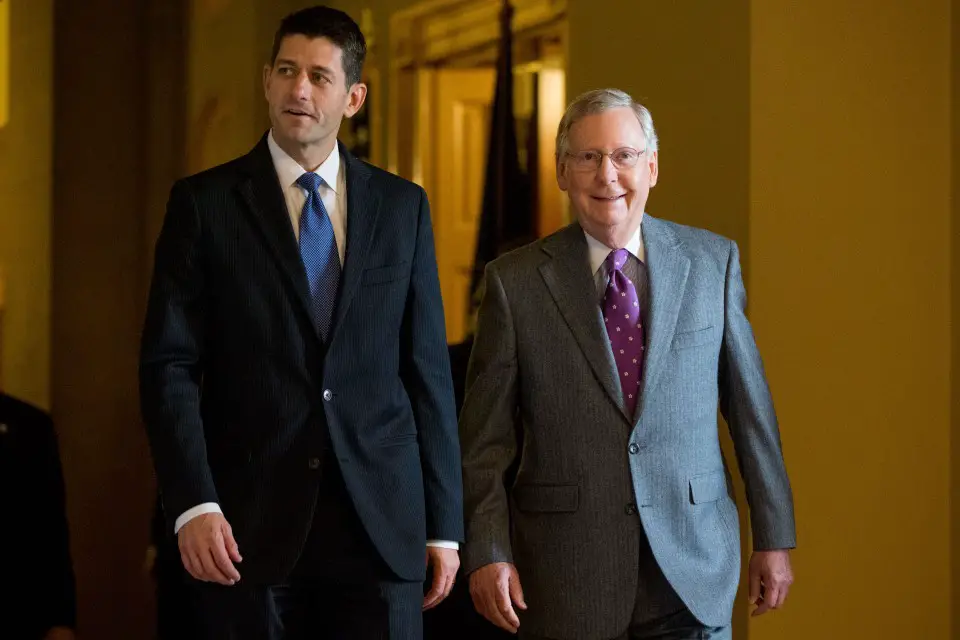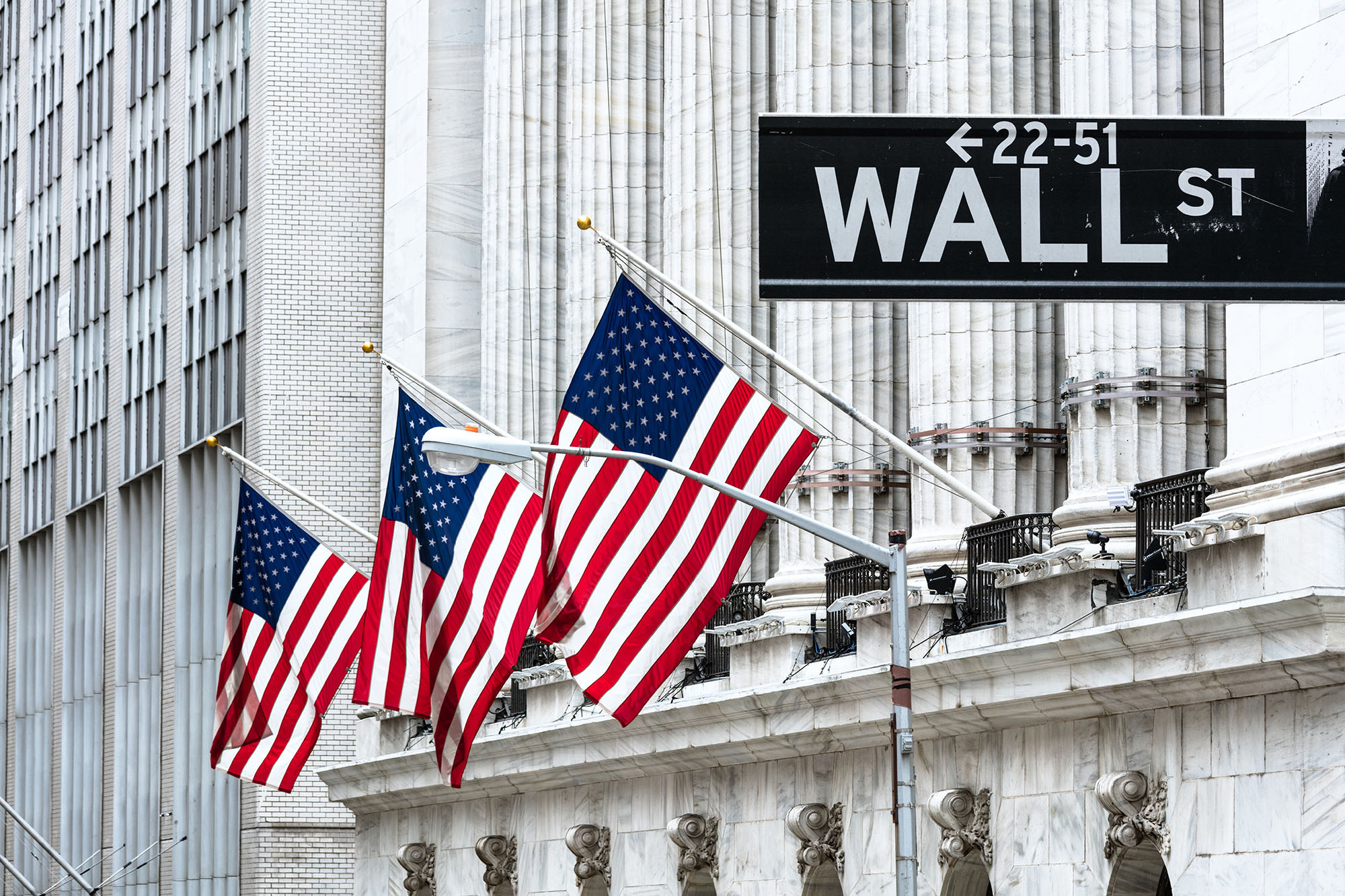While the nation watched Comey’s testimony with bated breath, and as the debate over whether President Trump obstructed justice raged on, the Republican legislature quietly pushed another part of their agenda through Congress. The GOP has quickly become adept at using Trump and his administration as cover; while the media focuses on the outrageous, attention-grabbing headlines of Trump and his cronies, Paul Ryan and Mitch McConnell can try and sneak whatever they can through Congress. They adopted this tactic with the revised health care bill, and this time around, they dismantled the Dodd-Frank Act and replaced it with the Financial Choice Act under their customary cloak of secrecy.
To understand the Financial Choice Act, it’s imperative to understand its predecessor. In the wake of the 2008 financial crash, the worst recession in recent history, Democratic lawmakers engineered the Dodd-Frank Act to prevent something similar from happening again. The bill sought to address the “too big to fail” problem—banks that had so much impact on the whole economy that their failure would be catastrophic for the country.
Dodd-Frank forced these banks to keep a certain amount of their holdings in reserve and a certain percentage of their investments in assets that can be liquidated easily in the event of another market crash. Banks with over $50 billion in assets would also be subject to a yearly “stress test” conducted by the Federal Reserve to evaluate the bank’s financial standing should another recession take place.
The legislation even set specific standards for G-SIBs (Globally Systemically Important Banks), such as Bank of America, JP Morgan Chase and Citigroup, requiring them to hold additional amounts in-case-of-emergency capital. Furthermore, the bill created the Consumer Financial Protection Bureau (CFPB), an agency dedicated to protecting consumers from fraudulent/abusive financial practices, and re-instituted some key parts of the defunct Glass-Steagall provisions in the Banking Act of 1933. Makes sense, right? After the colossal disaster of 2008, banks should be held more accountable so they don’t repeat their mistakes that led to the recession.
But according to the GOP, apparently that’s not the case.

The Financial Choice Act, according to twenty state attorney generals that oppose the measure, “would effectively eviscerate the role of the [CFPB], the only independent federal agency exclusively focused on consumer financial protection.” One of the most successful parts of the CFPB is its complaint portal, where disgruntled consumers can report any issues they had with a company in the financial sector. The CFPB will verify that the aggrieved party is connected to the financial institution, and then will act accordingly. The portal has received over a million complaints, and has proved to be an effective financial regulation tool. Now, the CFPB will need to obtain congressional approval to enforce its own rules, and is prohibited from releasing the complaint portal data.
The CFPB derived a fair amount of its power from its autonomy; it was designed to be impervious to partisanship, to withstand any major shift in policy that could jeopardize its mission. Thanks to the Financial Choice Act, that’s no longer the case. The director of the bureau is now under the thumb of the president, who can fire him/her at any time. The legislation also mandates the bureau’s funding is contingent on the congressional appropriations process, severely undermining its independence.
The regulatory aspect of the CFPB is another casualty of the FCA. The bureau can no longer restrict arbitration or oversee the payday-lending industry, and its ability to create new regulations for the financial industry is much more limited in scope. Banks no longer have to undergo the stress tests annually, instead only taking part in them once every other year. Institutions that agree to increase their overall capital won’t ever have to submit to the test—exactly the kind of attitude that precipitated the 2008 recession in the first place.
One of the smaller provisions of the law strikes me as the most egregious—the CFPB will no longer be able to conduct education campaigns. This highlights the true intentions of the Republicans behind the bill. For all of their talk about “burdensome” regulations “killing jobs,” their actions show how they care only about filling the coffers of the companies that finance their campaigns. A populace educated about the financial industry, one able to understand the risky investment strategies of large financial institutions, won’t allow banks to continue these reckless financial practices. So, to prevent this from happening, they simply cut the education programs.
The Dodd-Frank Act should have stood for many years as a safeguard against shortsightedness in the financial industry. Yet, less than a decade after its inception, it has been torn down, defanged by partisan hacks who shamelessly accept campaign donations from the banks they should be regulating. In the last election cycle, Speaker Paul Ryan of Wisconsin’s 1st District secured over $1,743,257 in campaign contributions from the financial services sector. Not to be outdone, his counterpart in the Senate, Republican Majority Leader Mitch McConnell of Kentucky, received over $2,393,537 in donations from the same industry over the course of his term (2011-present).
Both were outspoken critics of Dodd-Frank, and extremely vocal in their support for the Financial Choice Act. Jeb Hensarling, a representative from Texas’ 5th District and sponsor of the bill, also had funds gifted upon him from the financial industry. Though he “only” garnered $298,745 in funding, that was for a race in which Hensarling’s only opponent was an independent with zero chance to win. These are just a few of the many congressmen that supported the Financial Choice Act while simultaneously accepting funding from the very industry they’re supposed to regulate.
Less than ten years later, it would seem that the lessons of the 2008 crisis have been left unheeded. Now, with Dodd Frank dismantled, the Consumer Financial Protection Board on life support and the GOP in power, the stage is set for a market failure of the same magnitude. That’s what happens when the too big to fail strategy is embraced, instead of ridiculed as it should be.

















